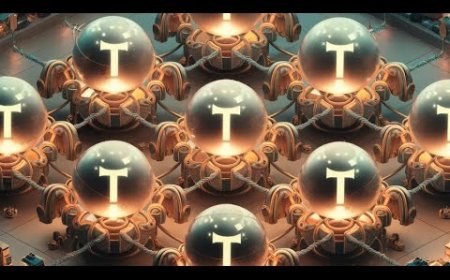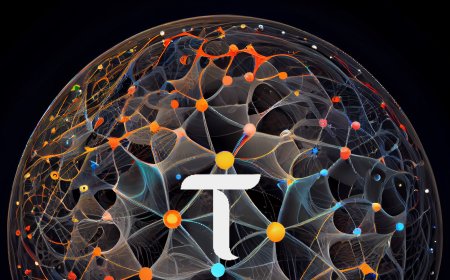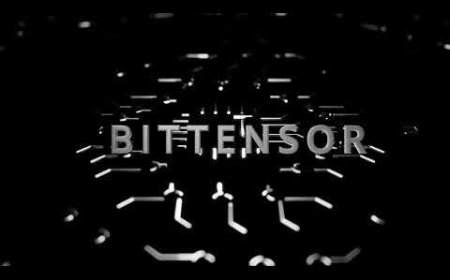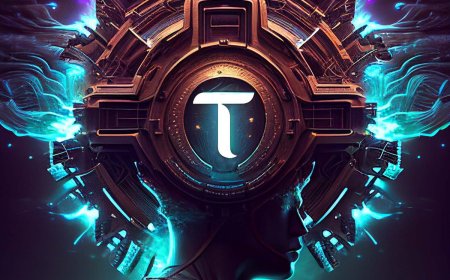Bit Tensor: Revolutionizing AI Development through Decentralized Networks
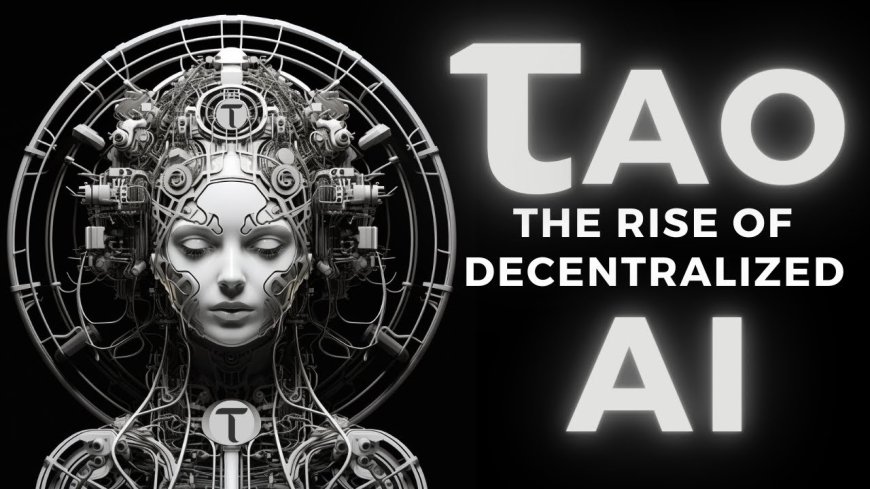
In recent years, the landscape of artificial intelligence development has undergone significant changes. Traditionally, AI research was primarily conducted within academia, with findings openly shared. However, today we're witnessing a shift towards privatized AI development within large tech companies. This trend has raised concerns about the future of open-source AI and its ability to compete with centralized alternatives.
One company challenging this paradigm is Bit Tensor, a decentralized AI network that aims to combine the best aspects of open-source development with the monetization capabilities of private companies. In a recent interview, Jake Touching, the founder of Bit Tensor, shared his insights on the current state of AI development and how his company is working to revolutionize the field.
The Challenges of Open-Source AI
While open-source AI projects like Meta's LLaMA have garnered attention, Touching believes that they face significant hurdles in competing with centralized AI companies. He explains, "The problem has become increasingly more of a computational one. It's not just really intelligent ideas and ways of contributing to code. A lot of intelligence is just raw trial and error, and that is so expensive that there needs to be some form of monetization in the loop to facilitate it."
This computational barrier has led many AI labs to close off their research, as they can monetize their developments through subscription models. Touching argues that without a way to inject capital into open-source projects, they will struggle to match the capabilities of centralized AI companies.
Bit Tensor's Approach: Bridging Open-Source and Monetization
Bit Tensor aims to solve this problem by creating a decentralized network that combines the collaborative nature of open-source development with incentive-based computation. Touching describes it as "a new type of programming language where instead of telling the computer what to do, we're working with raw incentive-based language."
The company's recent "Bit Tensor Revolution" upgrade transformed the network into a "network of networks" through a subnet architecture. This allows different subnets to incentivize various types of computation, creating a diverse ecosystem of digital commodity markets.
Some examples of these subnets include:
- A map-reduce subnet for efficient data transfer in decentralized training
- A scraping subnet for high-quality, real-time data collection
- Storage subnets
- Price prediction subnets
- Inference subnets for natural language processing tasks
This architecture enables a "Cambrian explosion" of experimentation within the Bit Tensor network, allowing developers to create and monetize their own AI solutions.
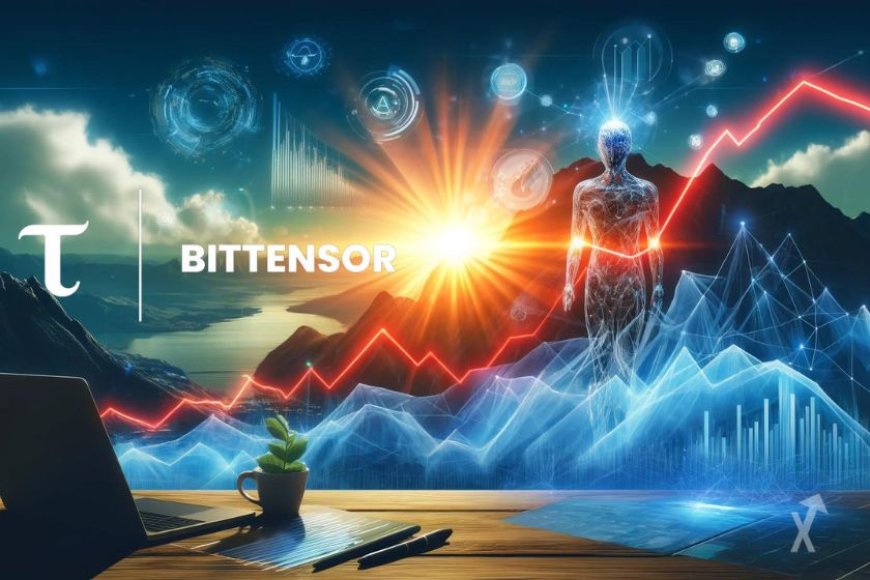
Rethinking AI Regulation
As concerns about AI safety grow, there have been increasing calls for regulation from prominent figures in the tech industry and government officials. Touching, however, proposes a different approach to addressing these concerns.
He argues that bottom-up regulation through decentralized networks like Bit Tensor could be more effective than top-down government regulation. "We built a network instead where just the preferences of a whole set of people that have contributed to the network can determine what is allowed to do," Touching explains.
This approach allows the system to regulate itself based on the collective preferences of its participants, potentially offering a more flexible and responsive form of governance for AI development.
The Future of Compute Power
When discussing the global market for compute power, Touching acknowledges that while the GPU market is relatively saturated, there's still untapped potential. He suggests that the real opportunity lies in "reutilizing the GPU power that's not being used properly to be used properly."
Moreover, Bit Tensor's focus on measuring intelligence produced rather than raw GPU power could lead to more efficient use of computational resources. This approach incentivizes innovative solutions that might not rely solely on GPU power, potentially opening up new avenues for AI development.
A Vision for a Golden Age
Despite the concerns surrounding AI development and its potential impacts, Touching remains optimistic about the future. He believes that we're entering a new era of decentralization that will lead to positive changes in society.
"I think we're actually at the beginning of a golden age," Touching states. "We're going to rediscover new cultures through decentralization. I think we're gonna free ourselves up and live happier lives."
He sees technologies like Bitcoin and decentralized AI networks as tools that will allow us to reorganize ourselves as humans in more equitable and value-creating ways.
In conclusion, Bit Tensor represents an innovative approach to AI development that seeks to combine the strengths of open-source collaboration with the financial incentives needed to compete with centralized AI companies. By creating a decentralized network of digital commodity markets, Bit Tensor aims to democratize AI development and push the boundaries of what's possible in the field.
As the AI landscape continues to evolve, it will be fascinating to see how projects like Bit Tensor shape the future of artificial intelligence and potentially usher in a new era of decentralized innovation.
Source : @The Bittensor Hub.
